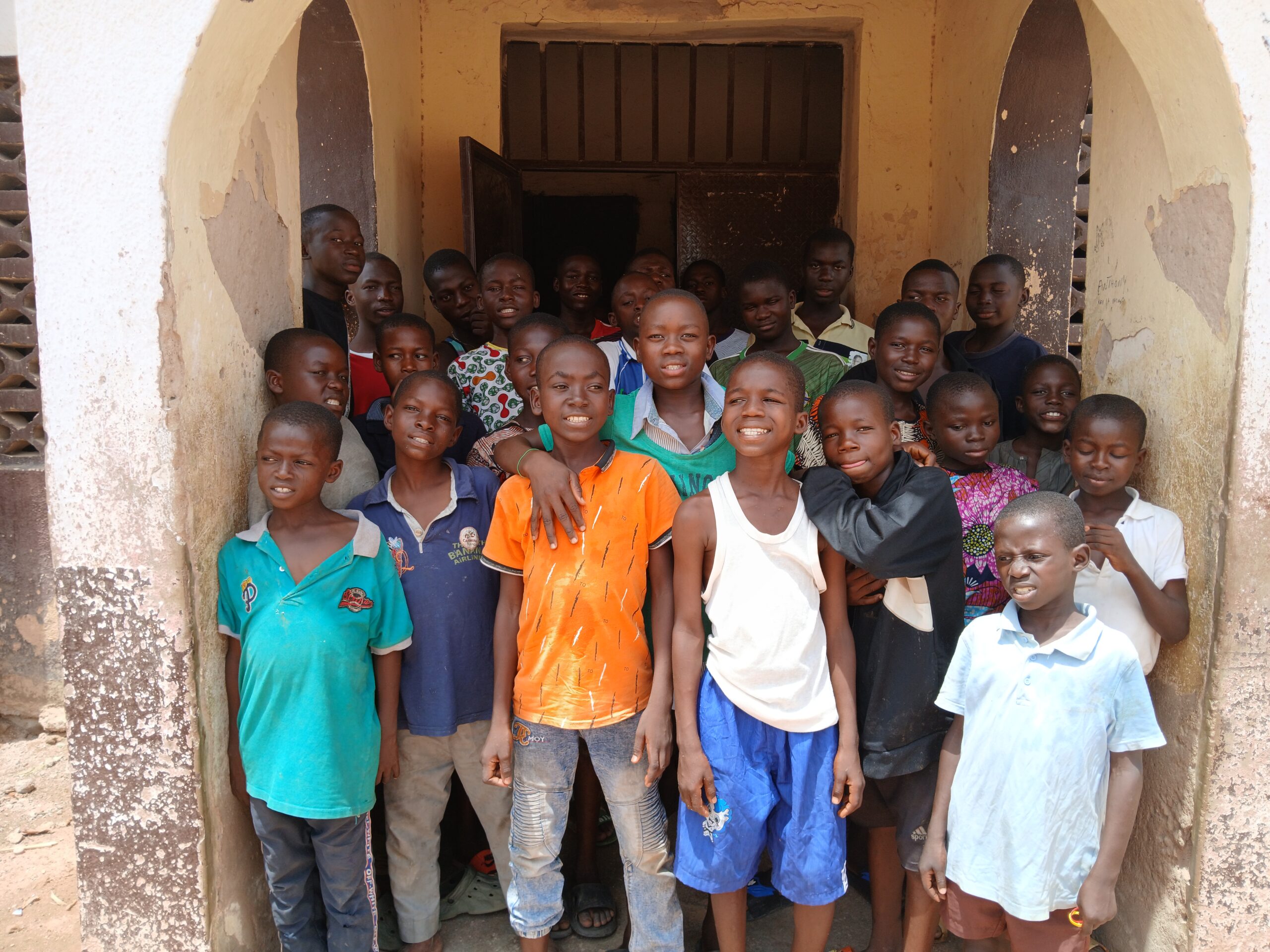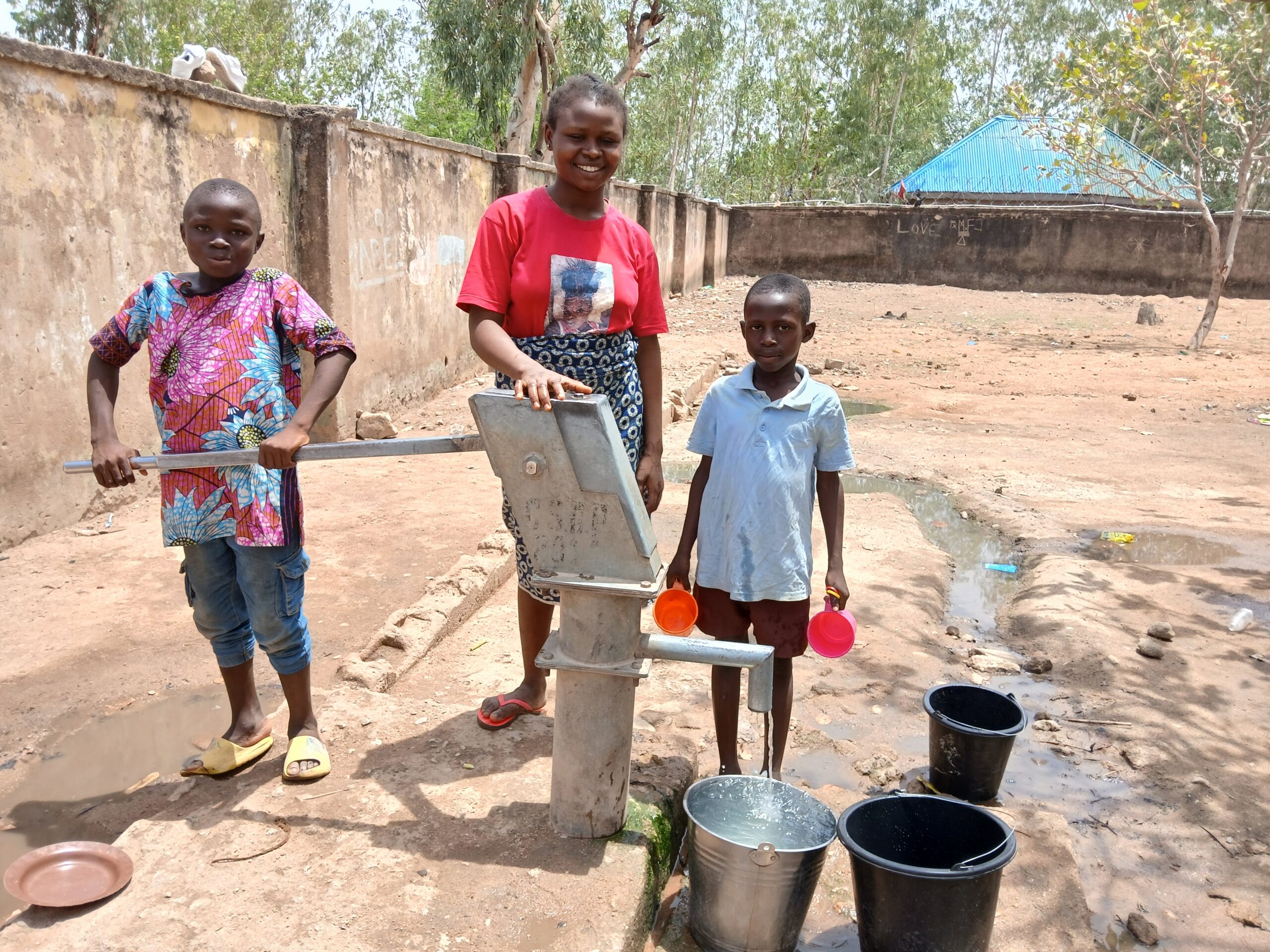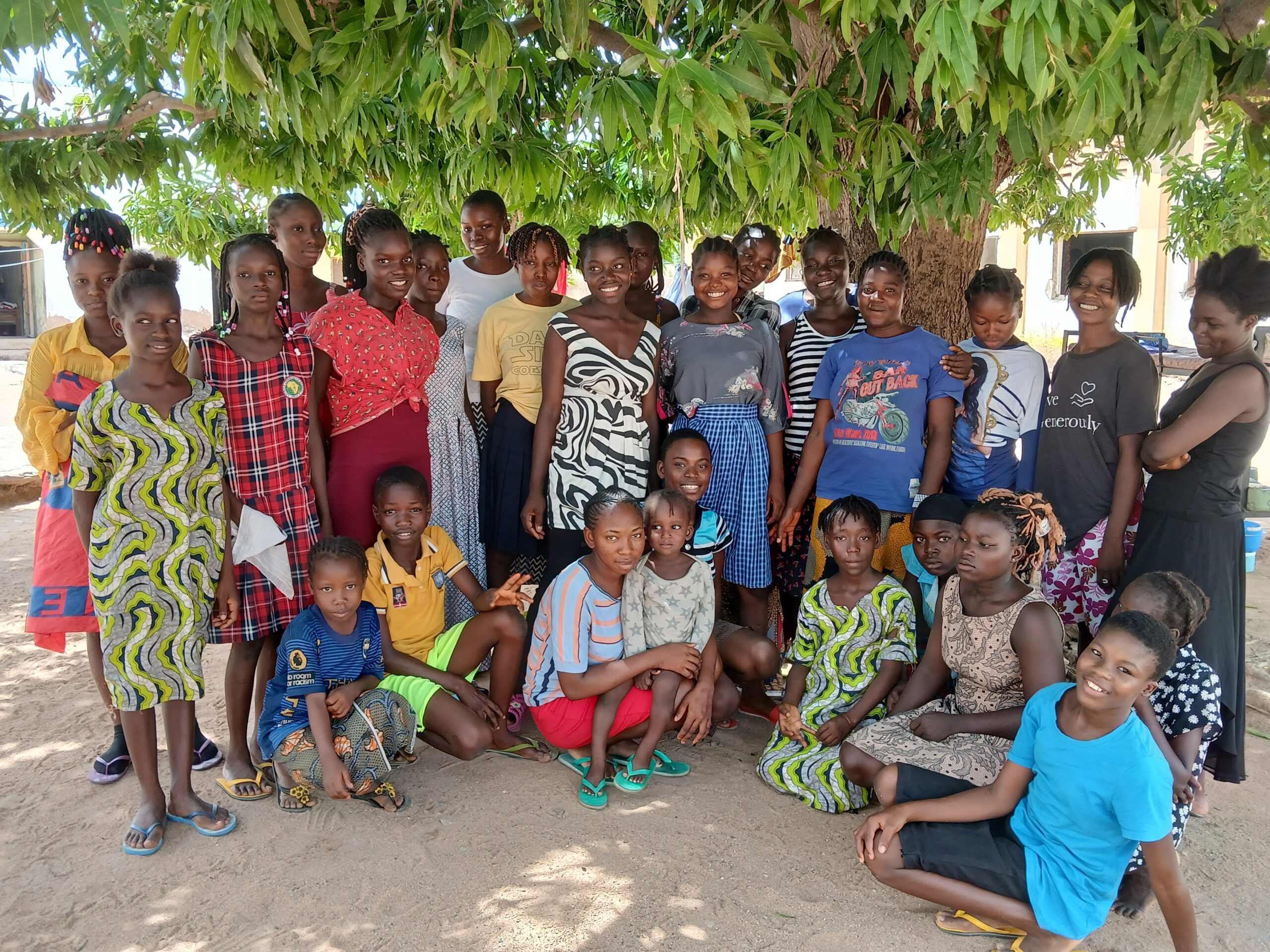The children at the UMCN Orphanage in Jalingo were gathered in a church for the morning devotion at 5 a.m. For Lami Joseph, who had lived much of her life in the orphanage, that Wednesday morning brought a wave of anguish as she recalled the harrowing deaths of her parents 20 years ago.
She had been only a 7-month-old infant when her father was murdered, leaving her mother lonely and depressed. 3 years later, her mother also passed away. A family relative adopted young Lami but soon deposited the crying infant in an orphanage.
Lami was among the first group of children to be enrolled at the United Methodist Church in Nigeria (UMCN) Orphanage in Jalingo. Established by European missionaries in 2004, the orphanage is situated within mile-six area of Taraba State’s capital. “Our mandate is to provide orphaned children with education and also help them live a better life,” said Gladys Maisule, the orphanage’s coordinator.
Prior to 2004, as Maisule explained, the foreign missionaries scouted for orphaned children among churches in Taraba State, from where they were taken to children’s homes equally funded by the missionaries in neighboring African countries. Early in 2004, the Bishop of the UMCN in Jalingo offered a piece of land, which serves as the location of the orphanage today.

A haven for hope
Despite the anguish that’s associated with the loss of one’s parents, Lami acknowledged the feeling of camaraderie she felt growing up in the orphanage. She had witnessed a replica of this love from the then coordinator of the orphanage, Simon Benjamin, who died in November 2022, paving the way for Maisule to assume the office in December of the same year.
As a tradition, pastors of the UMCN across local communities in Taraba bring orphaned children to the headquarters in Jalingo, where they are taken to the orphanage home. “We don’t accept children without this process. Save for a few times when we can accommodate infants who are found in the streets,” noted Maisule.
The process of enrolling an orphaned child in the home can be rather tedious. First, 3 of the child’s relatives serve as guarantors, alongside a clergyman or an elderly man in the church from a certain community to serve as guarantors. The child’s admission document is then filled with information, including the dates and causes of the parents’ deaths. The orphaned children within the age range of 2 to 12 years are eligible for enrollment at the orphanage , according to Maisule, adding that: “we believe orphans are children who lost both parents. We ensure the information is verified before accommodating them.”
Upon admission, each child is provided with mattresses and blankets and is eligible for healthcare. Additionally, they get enrolled in the orphanage’s school and will be provided with writing materials.
So far, 180 boys and girls are enrolled in the orphanage.
It was at the orphanage that Lami came to experience a new lease of life. First was getting enrolled in basic and secondary schools. Next was a fully-funded scholarship to the African University in Zimbabwe, where she graduated with an accounting certificate in 2022.
“The home has given us so much hope both educationally and spiritually. We have received what I would describe as the best life,” Lami told Prime Progress.
There are over 20 teachers in both the basic and secondary schools built inside the orphanage, and they were all recruited through a transparent process that involved some rigorous interviews. The teachers get a salary for their tuition as compared to the cooks and cleaners, who work voluntarily.
Maisule explained that it’s a norm at the orphanage that when the children have become adults and have already sat for their senior school certificate examinations, they will be taken back to their relatives to continue catering for them. Although it’s mostly unofficial, the management of the orphanage may decide to continue sponsoring their education through tertiary institutions.
Outside of western education, the children are also grounded in Bible studies and imbued with strong moral standards.
Also, they are being trained in skills such as tailoring, shoe-and soap-making. “For us, we are doing the Lord’s work, and we are always proud of these children. Even outside here, they continue to shine the good moral upbringing we gave them,” Maisule shared.
Lami, now 25, completed her NYSC in November 2023. While she is currently job hunting, she now teaches home economics at the junior secondary section of the orphanage, although she’s still seeking a job. “I have been applying for jobs, and the orphanage, too, is helping me with that. This home has taught us to always help those in need when we can. So, after getting a job and settling, I’m hoping to come back here and give back, especially financing some projects.”
There are shortcomings
For a decade, the orphanage relied on funding from American and European missionaries, but this has stopped recently. Now, the donations come from individuals and groups who regularly visit the orphanage. “These people are trying. Some of them also help us with school uniforms for the children. Recently, we have received mats, blankets, and vegetable oil from NEMA and NEDC. Churches also support us,” Maisule said.

Although a beacon of hope for orphaned children, the home isn’t without its shortcomings. Maisule acknowledged the home’s inability to provide salaries commensurate with the teachers’ efforts. Other challenges include an unstable supply of power and water. There is only one borehole in the home, which often gets damaged, Prime Progress learned.
Also, many more children disclosed to Prime Progress the absence of standard facilities in the school. So, they hope that in the future, the orphanage’s school will be equipped with a laboratory and a library.
Maisule stated that the orphanage isn’t giving up as they continue to solicit for more support and collaborations to sustain their activities. “We need more hands,” the 62-year-old said, “especially when it comes to feeding.”
The UMCN Orphanage in Jalingo provides a haven for children who have lost their parents, offering them education, healthcare, and skill development. Founded by European missionaries in 2004, the orphanage now hosts 180 children. Admission involves a thorough verification process by relatives and community members. The orphanage faces challenges like inadequate funding, unstable water supply, and lack of adequate facilities. Despite these issues, it remains committed to its mission, supported by donations and community assistance.
Lami Joseph, an orphan, epitomizes the positive impact of the orphanage, having completed her education with the support received there. Now 25, she contributes back by teaching at the orphanage while seeking a job. The home fosters moral values and practical skills, ensuring that children shine even after leaving. However, financial struggles persist, and the orphanage continues to seek more support to sustain its operations and better serve the children.






